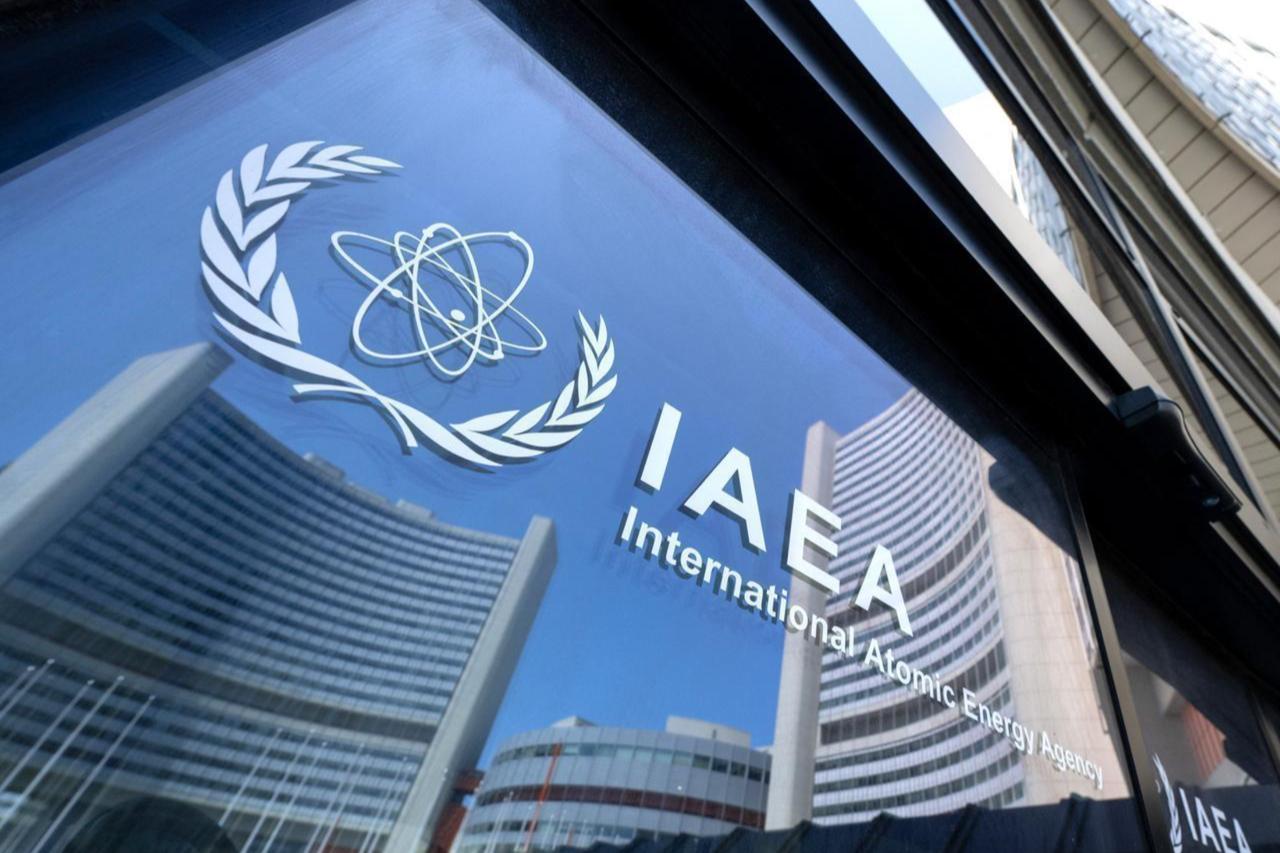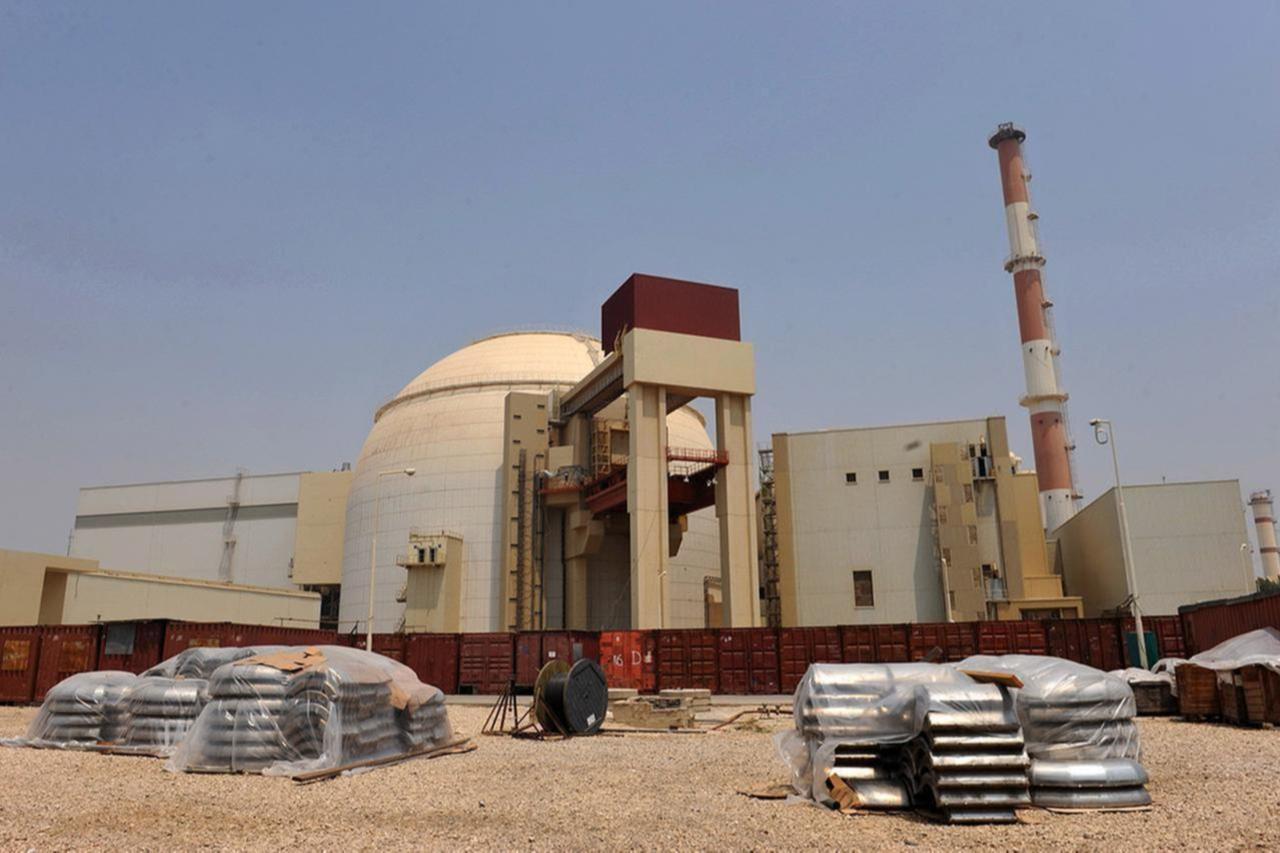
The International Atomic Energy Agency expressed regret Wednesday over Iran's decision to halt cooperation with nuclear inspectors following a 12-day military conflict with Israel in June that included strikes on Iranian nuclear facilities.
AFP reported that the Vienna-based IAEA called Iran's suspension of cooperation "deeply regrettable" and urged Tehran to quickly resume inspections of its nuclear program.

The agency withdrew its inspectors from Iran during the conflict due to safety concerns about military attacks on nuclear facilities, describing the move as "necessary given the overall security situation."
Iran has indicated that future cooperation with the IAEA will take "a new form," without specifying details of what changes might be implemented.
The conflict saw what officials described as unprecedented Israeli and U.S. strikes targeting Iran's nuclear infrastructure, marking a significant escalation in regional tensions and complicating international oversight of Tehran's atomic activities.
According to the IAEA report, Iran possessed an estimated 440.9 kilograms of uranium enriched to up to 60 percent purity as of June 13, when the conflict began. This represents an increase of 32.3 kilograms since May 17.
The agency warned it has "lost continuity of knowledge in relation to the current inventories of nuclear material in Iran" due to the suspended inspections.
Uranium enriched to 60 percent approaches the roughly 90 percent level required for nuclear weapons and far exceeds the enrichment levels needed for electricity generation. Iran remains the only non-nuclear weapon state enriching uranium to such levels, according to the IAEA.
Tehran has consistently denied pursuing nuclear weapons capabilities.
The suspension adds to years of deteriorating relations between Iran and international nuclear monitors. Tensions have repeatedly escalated since the collapse of a 2015 nuclear agreement that exchanged sanctions relief for limits on Iran's nuclear program.
U.S. President Donald Trump withdrew the United States from that landmark deal during his first term, contributing to the breakdown of the international accord.